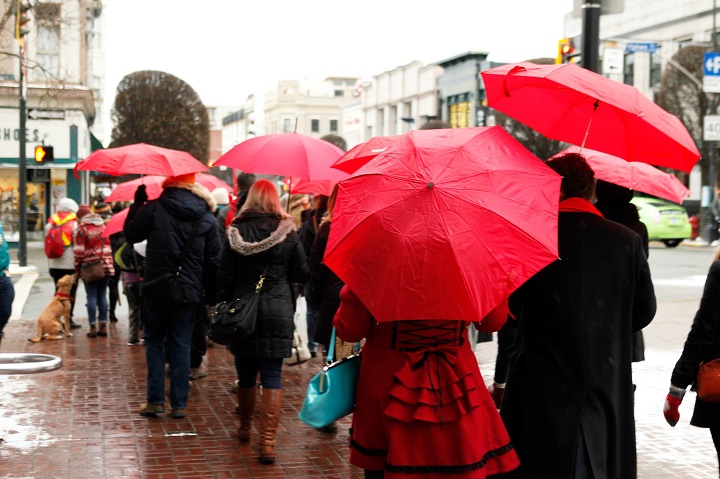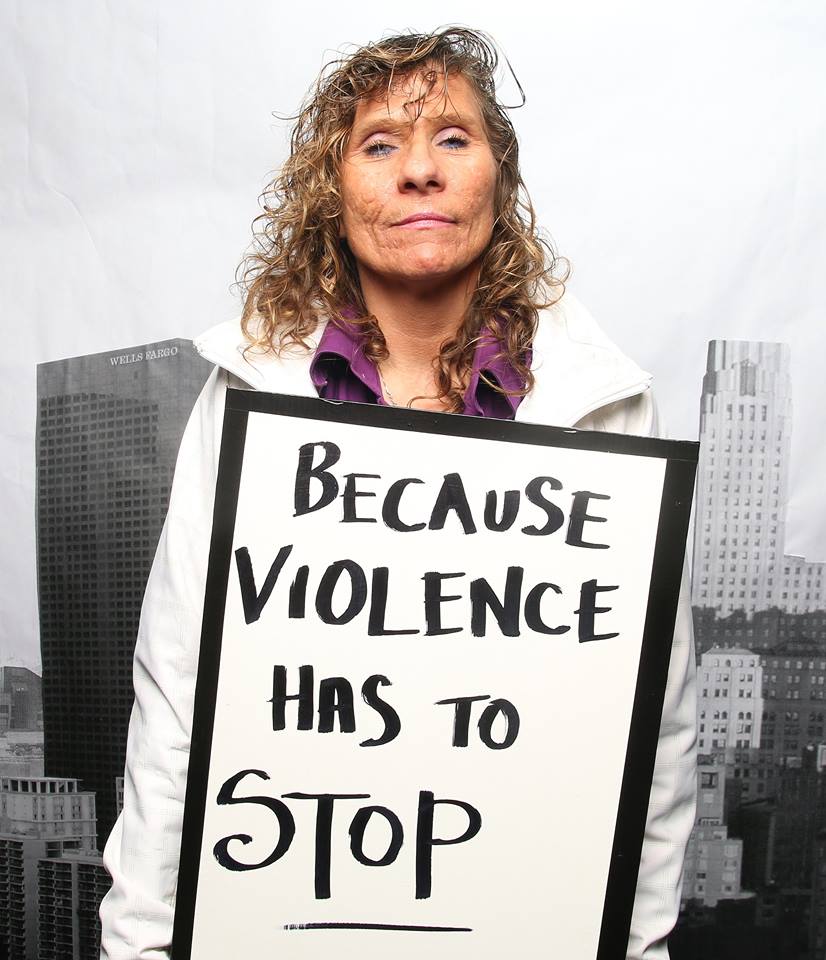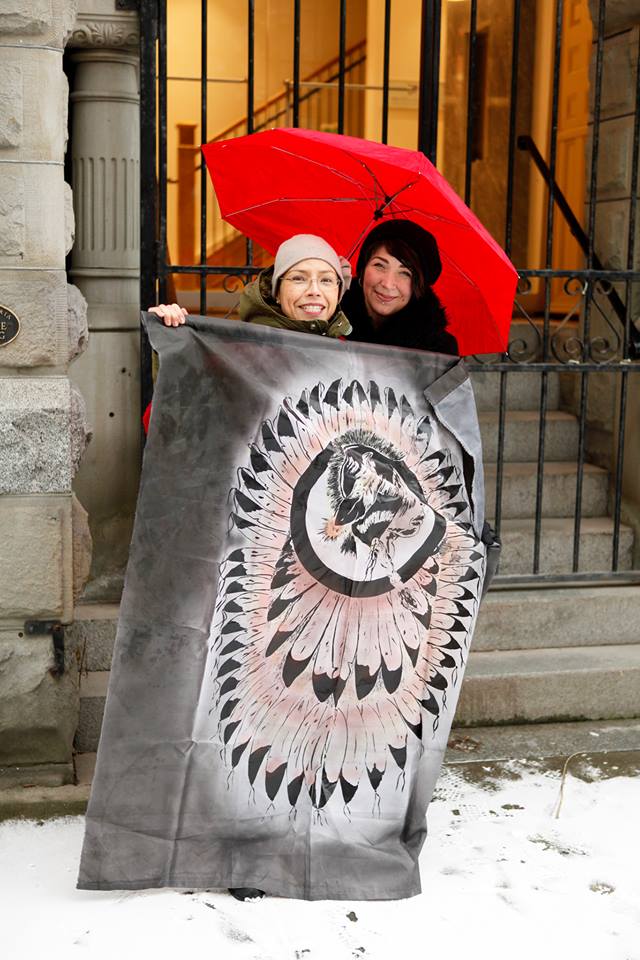Peer project spotlight: Monthly dinners connect trans, non-binary and Two-Spirit sex workers

Trans Care BC works alongside peers and community members to improve equitable access for peer-led and gender-affirming support services across British Columbia. These are their stories.
Before coming to Peers Victoria Resources Society’s community group, many participants have never met another gender-diverse sex worker.
The intersection of both transphobia and anti-sex work stigma can isolate people from spaces designed for those who identify with LGBTQ2+ or sex work experiences separately.
Since launching with support from a Trans Care BC community grant, the monthly group has served as a unique space for trans, non-binary and Two-Spirit sex workers in Victoria to come together and share experiences – not only with each other, but also with the broader community.
While it’s invaluable to have these community spaces, organizers note that participants also make valuable contributions outside the group, as advocates for diversity and inclusion.
So far, participants have used the support group as a platform to engage with policy work and advocacy, including the City of Victoria’s inclusion policy and Trans PULSE’s upcoming national survey.

Group participants attending Red Umbrella Day in Victoria, the international day to end violence against sex workers.
"Mainstream narratives of sex workers are often very victimizing and violent, or one-dimensional and glamorous," said Naomi,* a participant who now helps organize the group dinners. "But, a common theme in a lot of our participants' experiences is that being a sex worker isn't a main source of wrong in their life. Instead, it's often their way of surviving vulnerabilities and navigating poverty and discrimination."
While participants do share common experiences, everyone has their own reasons for coming to sex work, Naomi explained.
"Instead of a lens of victimization or curiosity, we should be seeing people through more of a lens of agency."

Group participants advocating for safety and sex worker rights.

Looking forward, they're exploring ways to reach more potential participants, and have a broader impact. Safety and privacy are top priorities, and the group has so far relied mostly on snowball-style, word-of-mouth recruitment in order to grow.
The support group has also been connected to a hugely successful ID clinic, which supported trans and gender-diverse folks with legally changing their name and/or gender marker on government-issued identification and hopes to host more ID clinics in the future.
Another emerging area of interest for the group is how they can help street-involved youth – who are more likely to get involved with sex work – by connecting youth with local support services.
"This community has an incredible amount to offer," said Naomi. "It's not just about how much they need to be included, but also how much including them benefits everyone in society."
To learn more about the group and how to get involved, contact trans.support@peers.bc.ca.
About Trans Care BC's Peer & Community Support program
Trans Care BC works alongside peers and community members to improve equitable access to information, resources, and supports for peer-led and gender-affirming support services across British Columbia.
Our program defines "peer" as trans, gender diverse, and Two-Spirit community members including children, youth, and adults, as well as their parents/caregivers, families, and loved ones. Peer support refers to the emotional and practical support and connection between people who share a common experience. Peer support provides an enriching opportunity to engage in knowledge exchange, resource sharing, social connection, mentorship, and personal growth.
We recognize that community partners, such as non-profit organizations and support service agencies, play an important collaborative role in supporting the development and sustainability of community peer supports.
For more information on how Trans Care BC helps connect British Columbians to gender-affirming and wellness supports as close to home as possible, please visit the How to get care page.
*Name changed for privacy

